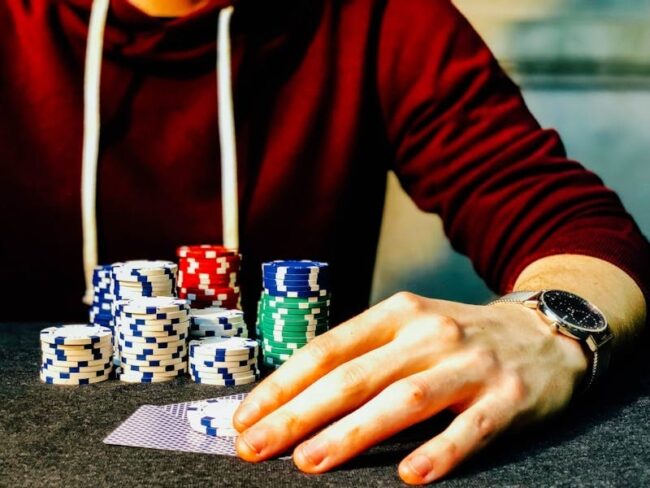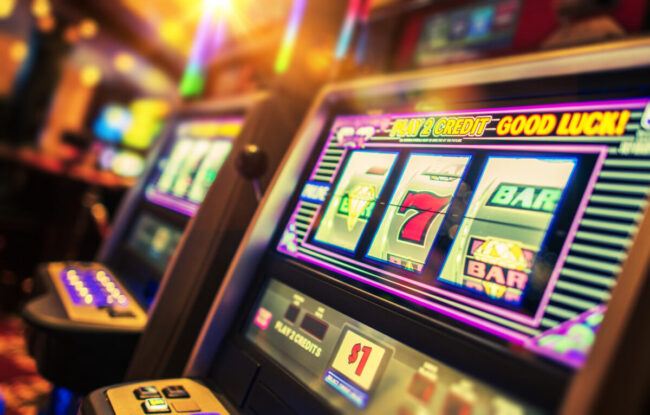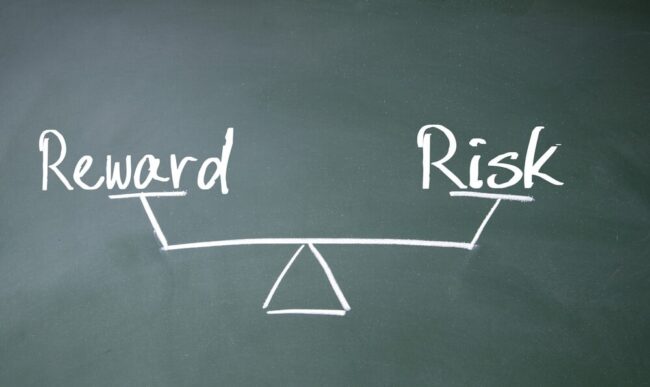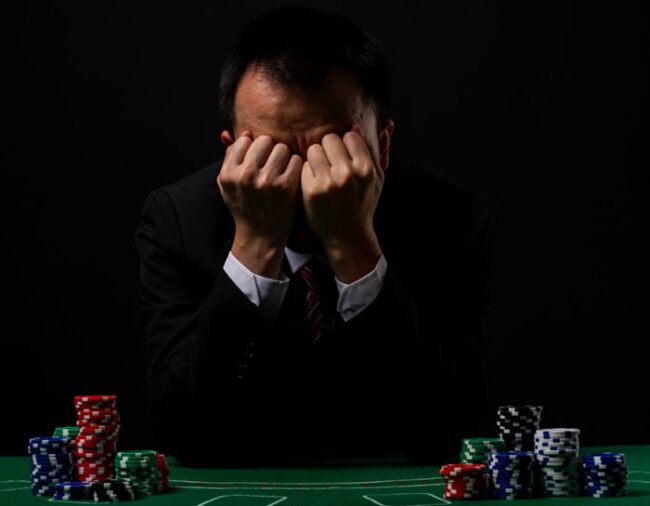Gambling is an enormously popular pastime across much of the world, with people wagering money on casino games, sports matches, lotteries and more every day. Yet making sound gambling decisions is quite difficult, as our judgements are impaired by numerous myths and misconceptions. False beliefs about how luck, randomness and odds truly operate can heavily sway bettors towards irrational choices unlikely to pay off over time.
Key Points:
- Believing in the “hot hand” leads to increased bets during streaks, ignoring the odds.
- Misjudging randomness causes gamblers to expect outcomes to balance out.
- Near misses trigger emotional responses, keeping players in losing cycles.
- The illusion of control can inflate confidence, driving poor decision-making.
- Chasing losses with high-risk bets worsens financial damage.
Hot Hand Fallacy

Many gamblers will increase their wagers when they feel that they are on a winning streak, believing that they have a metaphorical “hot hand” that will continue bringing the ball or cards their way against the odds. The conviction that your luck must hold through multiple wagers is known as the hot hand fallacy.
Reality: Outcomes in gambling games like roulette, slots and baccarat are independent events at Wild Fortune – the results of previous spins and deals have no influence whatsoever over what happens next. A winning or losing streak gives you no greater statistical edge going forward, as your probability of winning any given bet stays exactly the same. Allowing temporary runs of good or bad luck to impact your wager amounts will prove costly over time.
Gambler’s Fallacy
Whereas the hot hand fallacy involves overconfidence after wins, the gambler’s fallacy refers to exaggerated expectations of success after losses. For instance, after witnessing multiple spins of red on a roulette wheel, many players will double down on black based on the mistaken notion that black is “due” to come up soon because of the recent streak of reds.
Reality: Again randomized gambling events like roulette spins have no memory of previous outcomes. The wheel does not “correct” itself, and past results tell you nothing about what is more or less likely to occur next. The probability of red or black hitting stays a fixed 47.37% on each spin regardless of what has hit in the past. Allowing losing streaks to alter your perception of odds will prove detrimental.
Near Miss Impact

Games of chance like slot machines do not always pay out winners but they frequently generate near miss results that fall just short of a jackpot. These brushes with glory stimulate players’ brains in similar ways to full payouts, releasing signals that keep gamblers playing more spins in an effort to achieve that elusive win. Even veteran players can fall into this trap.
Reality: Game designers are well aware of the motivating neurological impact near misses have on players determined to chase that victory but the sad truth is that an almost-win and a total loss are mathematically identical results.
Your odds of hitting the jackpot do not actually improve after dozens or hundreds of frustrating near misses – the probability calculations remain flat regardless of how many times you just miss the big payout. Recognize that your motivation surges after close calls but your statistical chances of winning stay static.
Illusion of Control
Studies clearly show that players feel greater confidence in achieving wins when they are given some apparent control over influencing the outcome, as with throwing dice or stopping a spinning roulette wheel. Veterans sometimes allow this illusion of control to impact their wagers.
Reality: Nearly all casino games are fundamentally games of chance, with outcomes determined by complete randomness within the margins set by the statistical house edge. Players have no actual control – dice throws and roulette ball releases stay totally random regardless of technique. Understand that perceived control is only an illusion, and avoid letting it inflate your confidence or betting amounts.
Risk-Reward Reversal

Chasing gambling losses by continuing to make increasingly risky bets is extremely common among players down on their luck. The willingness to take greater and greater risks grows even though the statistical chances of winning remain flat or even worsen given depleted bankrolls.
Reality: It is crucial to recognize that risk and reward are not actually related when it comes to games of chance – higher risks do not increase your mathematical reward potential.
Whether placing small or massive bets in games like craps or baccarat, the house edge and rules of probability remain precisely the same. Allowing desperation to push you into exceedingly risky bets will only exacerbate losses further.
The Impact of Superstitions on Gambling Choices
Superstitions such as lucky charms, rituals, or specific “good luck” behaviors often play a significant role in gambling decisions.
- Belief in rituals, like blowing on dice, can create false confidence.
- Carrying lucky items may lead to larger and riskier bets.
- Assigning luck to specific games or tables distorts judgment.
Reality: Superstitions hold no bearing on the outcomes of random events. Placing reliance on such beliefs distracts from understanding actual odds, leading to overconfident and irrational decisions.
Tips to Avoid Common Gambling Traps
- Understand the Odds: Research the rules and probabilities of games you play.
- Set Limits: Define clear budgets and stick to them to avoid impulsive losses.
- Stay Logical: Avoid letting emotions or streaks dictate your choices.
- Learn from Mistakes: Identify past errors and adjust strategies accordingly.
Applying these practices can greatly reduce the influence of myths on your decisions.
Managing Emotional Responses in Gambling

Emotions like excitement, frustration, and anticipation frequently impact gambling behavior. Without managing these feelings, players risk letting emotions dictate their decisions.
- Excitement from Wins: Avoid increasing bets impulsively.
- Frustration from Losses: Resist chasing losses.
- Anticipation of Results: Keep a clear mind and realistic expectations.
Staying mindful of emotions helps maintain rational decision-making during play.
Recognizing the House Edge’s Role
Every casino game operates with a built-in advantage favoring the operator. Misunderstanding this edge often leads players to expect unrealistic returns. Key facts about the house edge include:
- It ensures consistent profitability for the casino over time.
- Players cannot overcome it through strategies or streaks.
- Games with lower edges, like blackjack, offer better chances than high-edge games like slots.
Knowing how the house edge impacts outcomes helps set realistic expectations and reduces losses.
